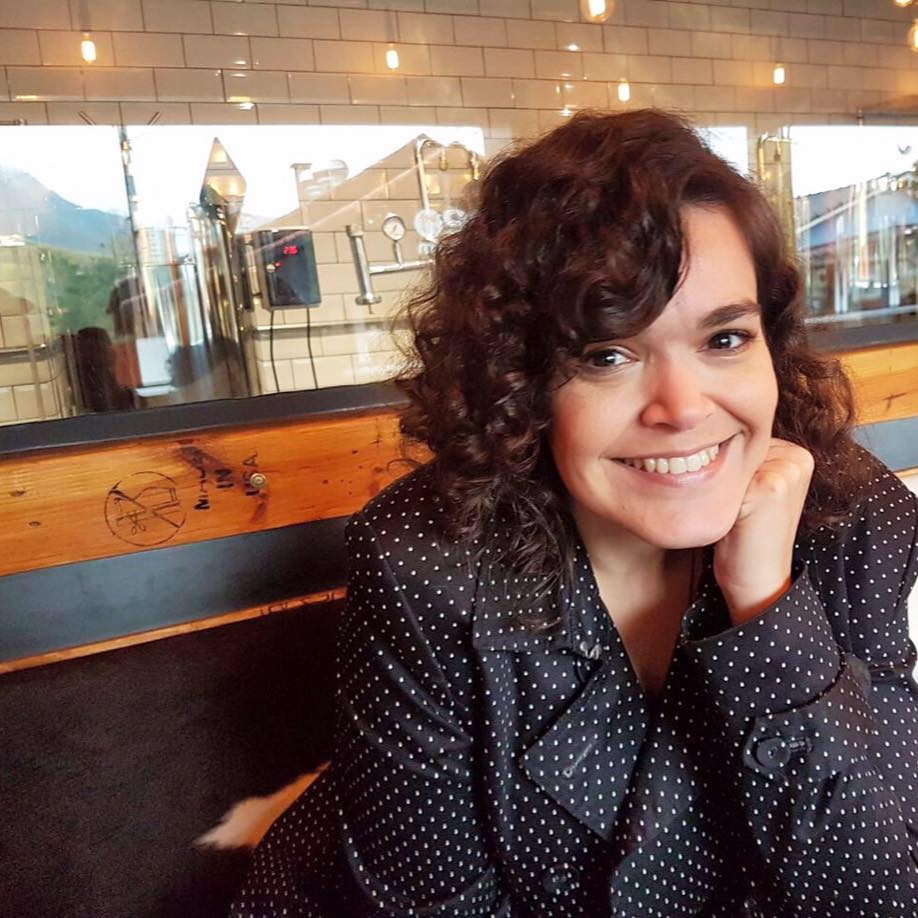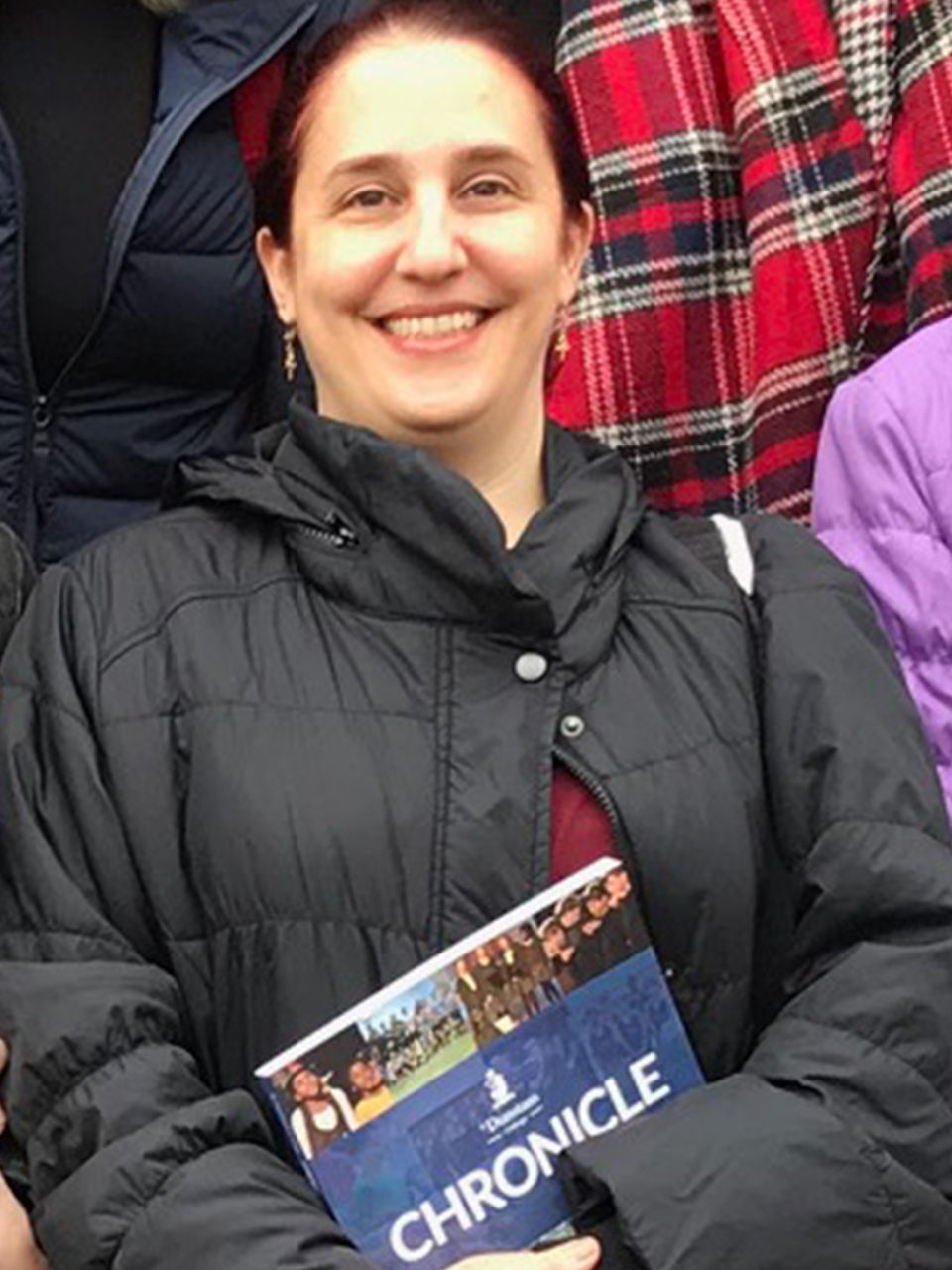How can we empower our female students?
We have recently celebrated Women’s Day. As I walked to and from work this last week, I kept thinking about the female students that I have. Their names sometimes carry a lot of meaning: the victorious Vitoria. The brave Valentina. Lucia, full of light.
This reminded me of Esperanza, a strong female character from a book I love, The House on Mango Street, by Mexican American writer Sandra Cisneros. Esperanza is a young girl who describes the world and the people around her.
“In English my name means ‘hope’. In Spanish it means too many letters. It means sadness, it means waiting. […] It was my great-grandmother’s name and now it is mine. She was a horse woman too, born like me in the Chinese year of the horse — which is supposed to be bad luck if you’re born female — but I think this is a Chinese lie because the Chinese, like the Mexicans, don’t like their women strong.”
Women are still celebrated for everything BUT their strength, most of the time. Female ELT teachers continue to feel less powerful in the workspace. We remain outnumbered in plenaries of big ELT events. We are still afraid, insecure, unsure of our own abilities. We feel we are not good enough, not smart enough, not able to say anything that might be of anyone’s interest. And I wonder if we are, unconsciously, passing this feeling on to our female students. Are we?
This week I started to observe (more closely) the behavior of female students in my classroom. All in all, female teenagers are brave, bold, and have a lot to say. They are full of light and opinions. They have lots of dreams and many of those dreams include to see the world, to get to know people and cultures, to conquer big spaces. As they get older, however, female adult students tend to be quieter, more insecure, and their grades are considerably lower than those of men at the same age range. They become less prone to expressing themselves firmly. This is hardly a coincidence.
“My great-grandmother. I would’ve liked to have known her, a wild horse of a woman, so wild she wouldn’t marry. Until my great-grandfather threw a sack over her head and carried her off. (…) And the story goes she never forgave him. She looked out the window her whole life, the way so many women sit their sadness on an elbow.”
How do those powerful young ladies turn out to be the quiet women that present themselves in the classroom 10-20 years later? I do not have the answer to this question. What I have are simply assumptions that may or not be filled with preconceived ideas based on my personal experiences. However, I thought I could jot down some ideas that may help improve women’s confidence in the ELT classroom and might even boost their confidence in general. Here they are.
Create a safe environment for women to express themselves.
Everyone has their own hopes and dreams, and they might range from becoming the president to buying a house. As a teacher, it is of paramount importance to encourage women to dream and share their thoughts, no matter what they are, and to provide a safe space so they can speak freely. This might mean, in some groups, to manage sexist comments and somewhat conservative remarks. Teachers should be firm when discerning opinion from prejudicious criticism.
Introduce them – constantly – to female role models.
Powerful women exist, many of them, but they tend to be overlooked by mass media. Try to show female students, on an ongoing basis, that these women are everywhere, even in their own neighborhood. Encourage them to find those women: maybe one of them is in the classroom. The constant exposure to strong female role models can create the feeling that powerful women are something as common as, imagine that!, powerful men. And this attitude can, little by little, change the way they think about their own opportunities.
Teach not only language skills, but also life skills.
It is often forgotten that, when we teach a new language, we also need to teach how to convey what we mean. This includes tone, register, and many other skills. So, why not add to this list of subskills things like ‘how to convey assertiveness’, ‘how to develop argumentation’, ‘how to sound firmer when negotiating’, and so on? It can help students in all levels, no matter their age range or gender. It can go from a simple ‘What’s for dinner?’ conversation to a debate on environmental issues. And teaching women how to say ‘I completely disagree’ in many different ways is a favor we do for them. It can make them a better person for life.
With these three tips in mind, you can slowly change your classroom environment. And, with time, you can bring back the victory, the bravery, and the light of these women as they get older and more experienced. Like Esperanza, women need to decide for themselves what their future will be like. And, as teachers, we have the duty to pass this on to as many women as we can.
“I wonder if she [great-grandmother] made the best with what she got or was she sorry because she couldn’t be all the things she wanted to be. Esperanza. I have inherited her name, but I don’t want to inherit her place by the window.”
If another language is a window to a different world and learning English opens doors, let us make sure that those windows and doors are wide open for our female students, too – not simply so they can watch life pass them by, but so they can jump out of these windows and feel the world in all it has to offer.
Let us not allow them to be any less than what we want for ourselves.
REFERENCE:
CISNEROS, Sandra. “My name”. In: The House on Mango Street. New York Vintage: 1991, p.13.
FURTHER READING:
Four Tips to Empower Girls in Your Classroom
https://www.advancementcourses.com/blog/four-tips-to-empower-girls-in-your-classroom/






